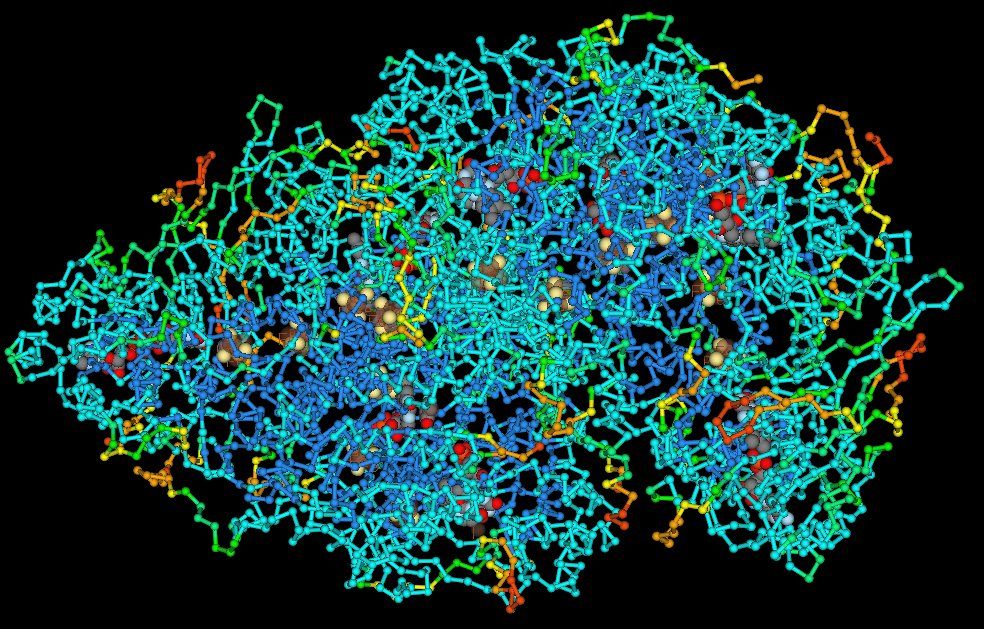Exploring the Varied Applications and Advantages of Polymers in Different Industries
Polymers, with their varied range of buildings and performances, have ended up being crucial in various industries, each reaping distinct benefits from their application. Polymers. From boosting safety and security and efficiency in the automotive market to revolutionizing clinical tools in the medical care market, polymers play an essential function. Moreover, their eco-friendly nature is changing the landscape of sustainability methods. As we explore the depths of polymers in electronic devices, we reveal innovative advancements, while their structural honesty changes the world of building and infrastructure. The prevalent impact of polymers across industries is a testimony to their adaptability and versatility, shaping the future of many industries.
Automotive Sector Applications
Polymers play a critical role in improving the performance and longevity of different elements within the auto industry. These functional materials are extensively made use of in the manufacturing of different components, ranging from indoor parts to under-the-hood applications. One popular usage of polymers in the automotive market remains in the production of lightweight elements. By changing conventional steel parts with polymer-based alternatives, cars can accomplish better fuel efficiency without compromising on strength or security.

Medical Care Sector Advantages
In various healthcare applications, the advantages of using polymers are commonly acknowledged for their varied series of helpful homes. Polymers play a vital duty in the medical care market because of their flexibility, biocompatibility, and cost-effectiveness. Among the key benefits of polymers in health care is their capability to be tailored to particular requirements, such as adaptability, longevity, and biodegradability, making them perfect for a large range of clinical applications.
Polymer-based materials are thoroughly made use of in clinical gadgets, such as catheters, implants, prosthetics, and drug delivery systems, as a result of their biocompatibility and capacity to mimic all-natural cells. These materials can decrease the threat of allergies or rejections, enhancing client safety and end results. Furthermore, polymers are lightweight, making them ideal for wearable medical tools and making certain individual comfort.
Furthermore, polymers allow the growth of ingenious treatment approaches, such as hydrogels for tissue engineering and nanocomposites for targeted medicine delivery. Their simplicity of handling and sterilization makes them vital for preserving high criteria of health in healthcare settings. Generally, the diverse advantages of polymers add considerably to advancements in clinical innovation and client treatment.
Ecological Benefits of Polymers

Furthermore, polymers can add to energy cost savings because of their light-weight nature. In sectors such as transportation, lightweight polymer materials can help in reducing gas intake and greenhouse gas exhausts. In addition, polymers can allow the advancement of recommended you read energy-efficient products such as insulation materials that improve energy conservation in buildings.
Additionally, polymers play an essential role in decreasing water contamination. For instance, using polymer-based filtration systems can efficiently eliminate contaminants and contaminants from wastewater, safeguarding water sources and communities. In general, the ecological benefits of polymers make them useful properties in promoting sustainability and environment-friendly methods across numerous industries.
Polymers in Electronic Devices and Innovation
Taking into consideration the raising demand for innovative and lasting solutions in modern-day markets, the integration of innovative polymer modern technologies in the realm of electronic devices and innovation has become a crucial technique for driving performance and performance. Polymers have actually transformed the electronic devices market by enabling the manufacturing of lighter, much more adaptable, and resilient digital devices. From smart devices to medical gadgets, polymers play an important duty in improving item style and functionality.
One substantial benefit of polymers in electronic devices is their protecting residential or commercial properties, which aid secure fragile digital elements from ecological elements and electric disturbance. Additionally, polymers are necessary in the development of adaptable screens, wearable modern technology, and printed electronics, supplying endless possibilities for developing wise and interconnected tools.
Additionally, using polymers in digital product packaging has resulted in improvements in miniaturization and thermal management, enhancing the general efficiency and reliability of electronic systems. As innovation proceeds to advance, the adaptability and adaptability of polymers will undoubtedly drive additionally technology in the electronic devices industry, shaping helpful resources the future of technology.
Duty of Polymers in Construction and Infrastructure
The combination of sophisticated polymer materials in building and facilities jobs has actually changed the means frameworks are made and constructed in modern-day times. Polymers supply countless advantages in the construction industry as a result of their convenience, resilience, and cost-effectiveness. One key role of polymers in construction is their usage in coatings and sealers, giving defense versus environmental factors such as moisture, UV radiation, and deterioration. In addition, polymers are made use of in the manufacturing of lightweight and high-strength composite products, boosting the architectural stability of buildings while reducing general weight.
Additionally, polymers play an important duty in lasting construction methods by making it possible for the development of energy-efficient structures. Protecting products made from polymers aid control interior temperature levels, reducing the requirement for home heating and cooling down systems and inevitably decreasing energy try this usage - Polymers.
Verdict
To conclude, polymers play an important function in different sectors such as auto, medical care, environmental, electronics, and building. Their flexible properties make them valuable in creating innovative solutions and products. From improving fuel effectiveness in cars to improving medical devices, polymers provide many benefits. Furthermore, their effect on minimizing waste and advertising sustainability highlights their value in contemporary applications. The extensive use polymers demonstrates their significant contribution to advancing technology and improving high quality of life.